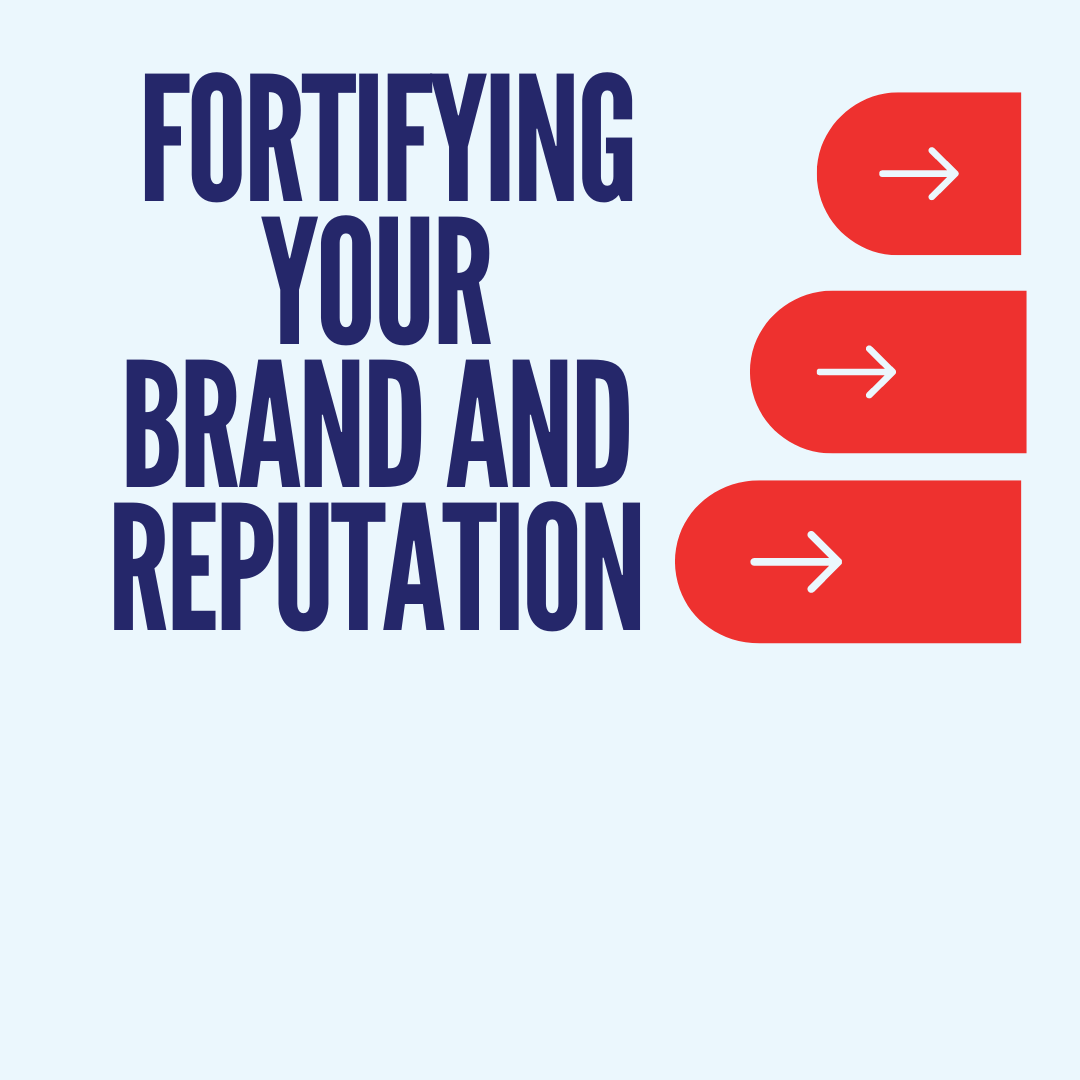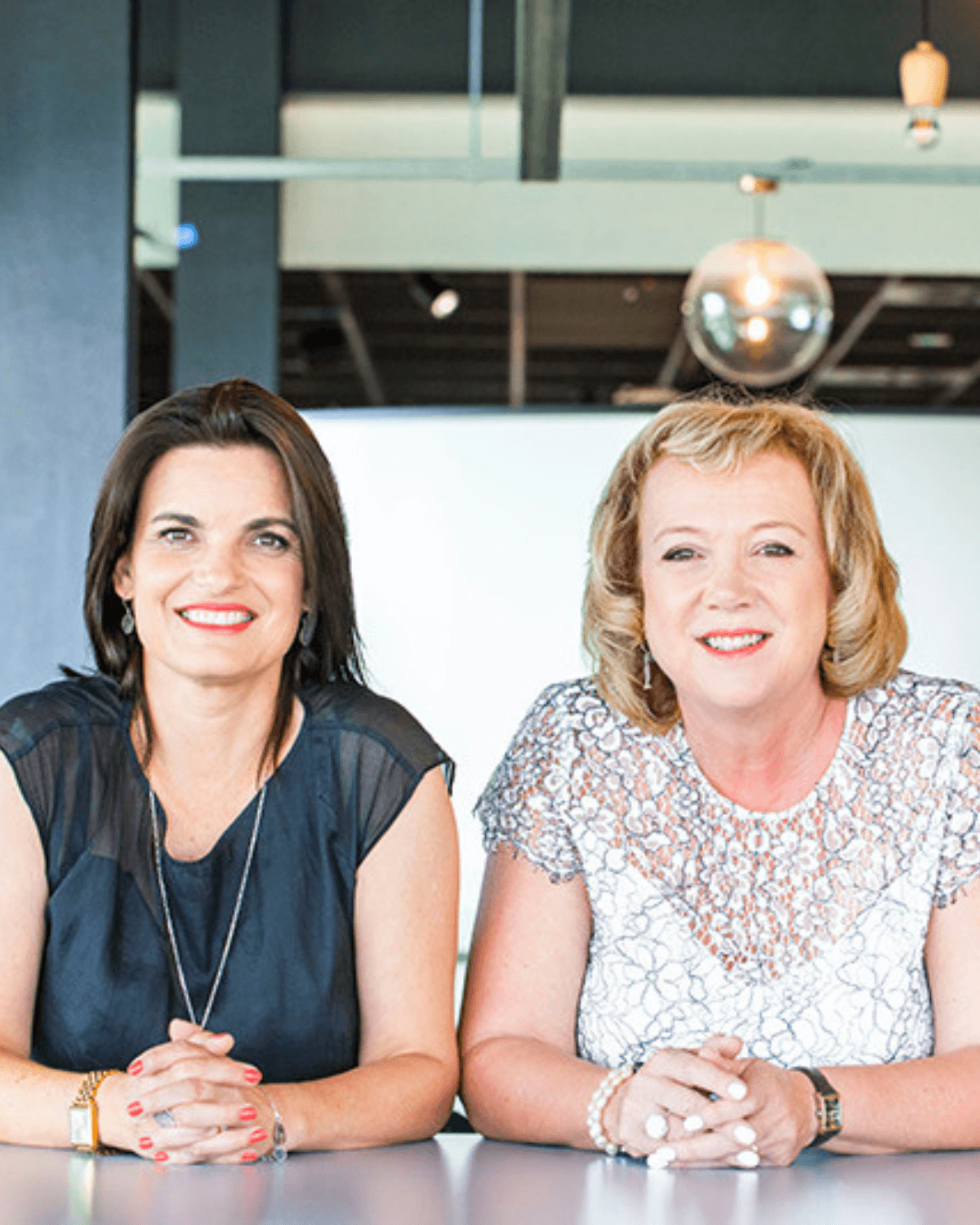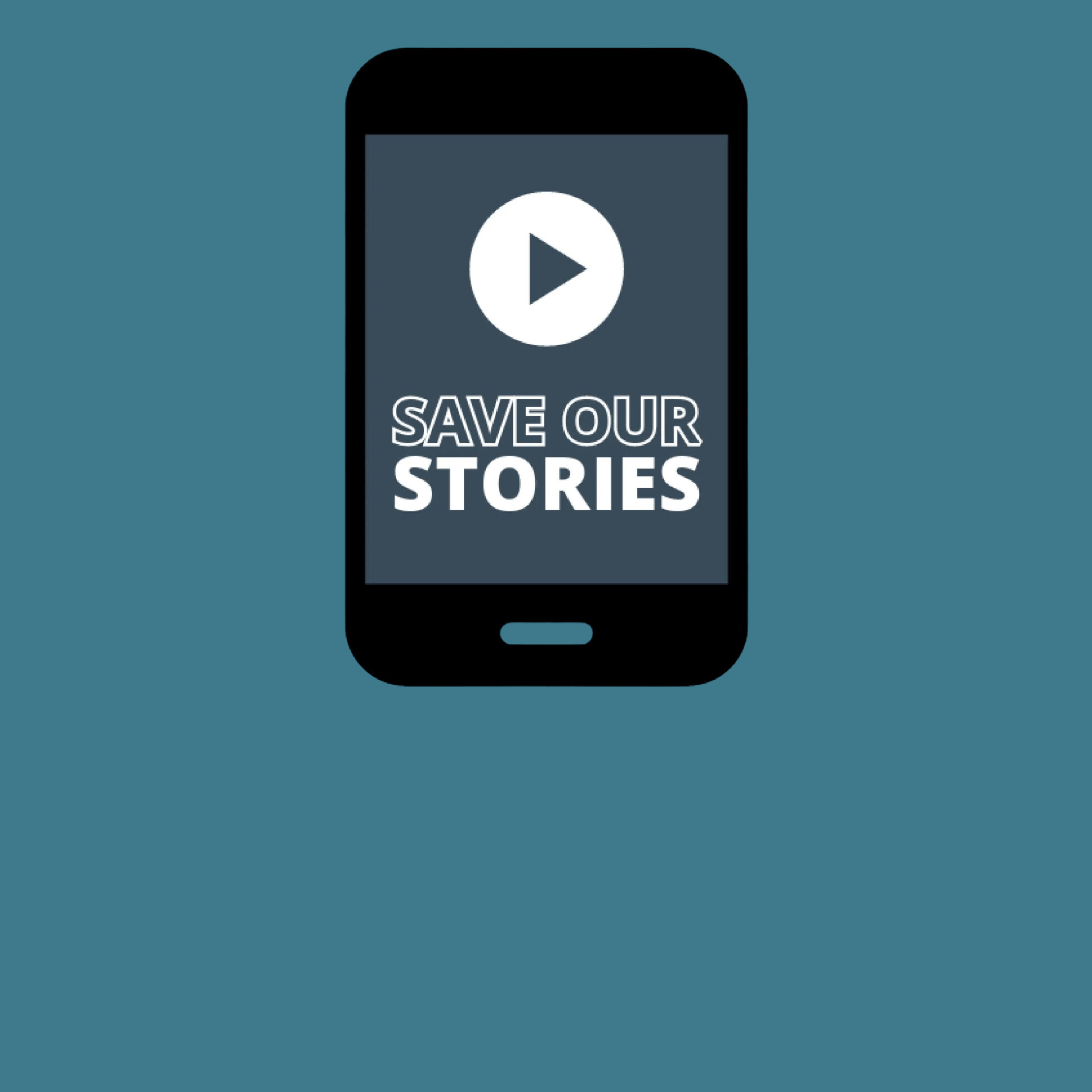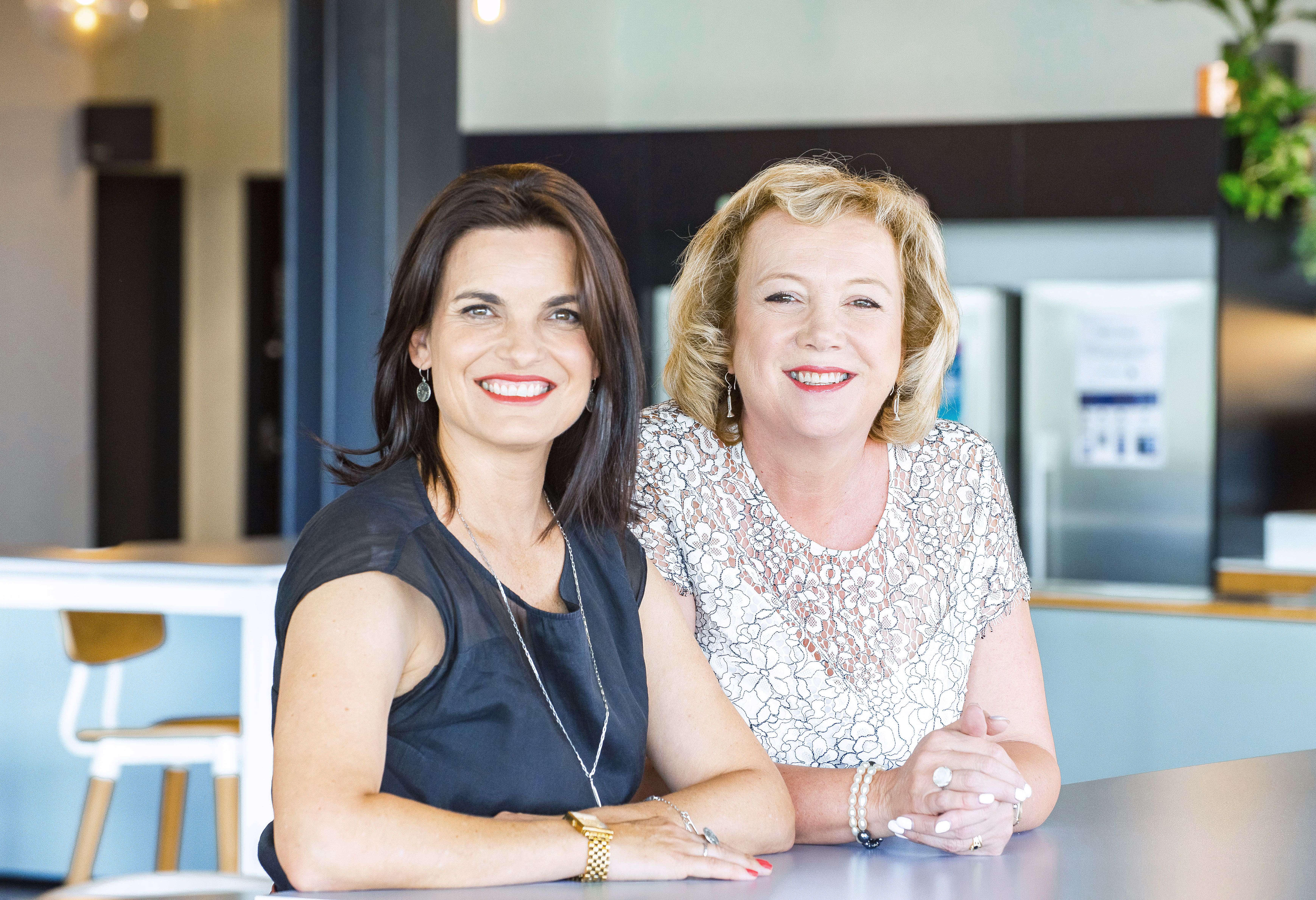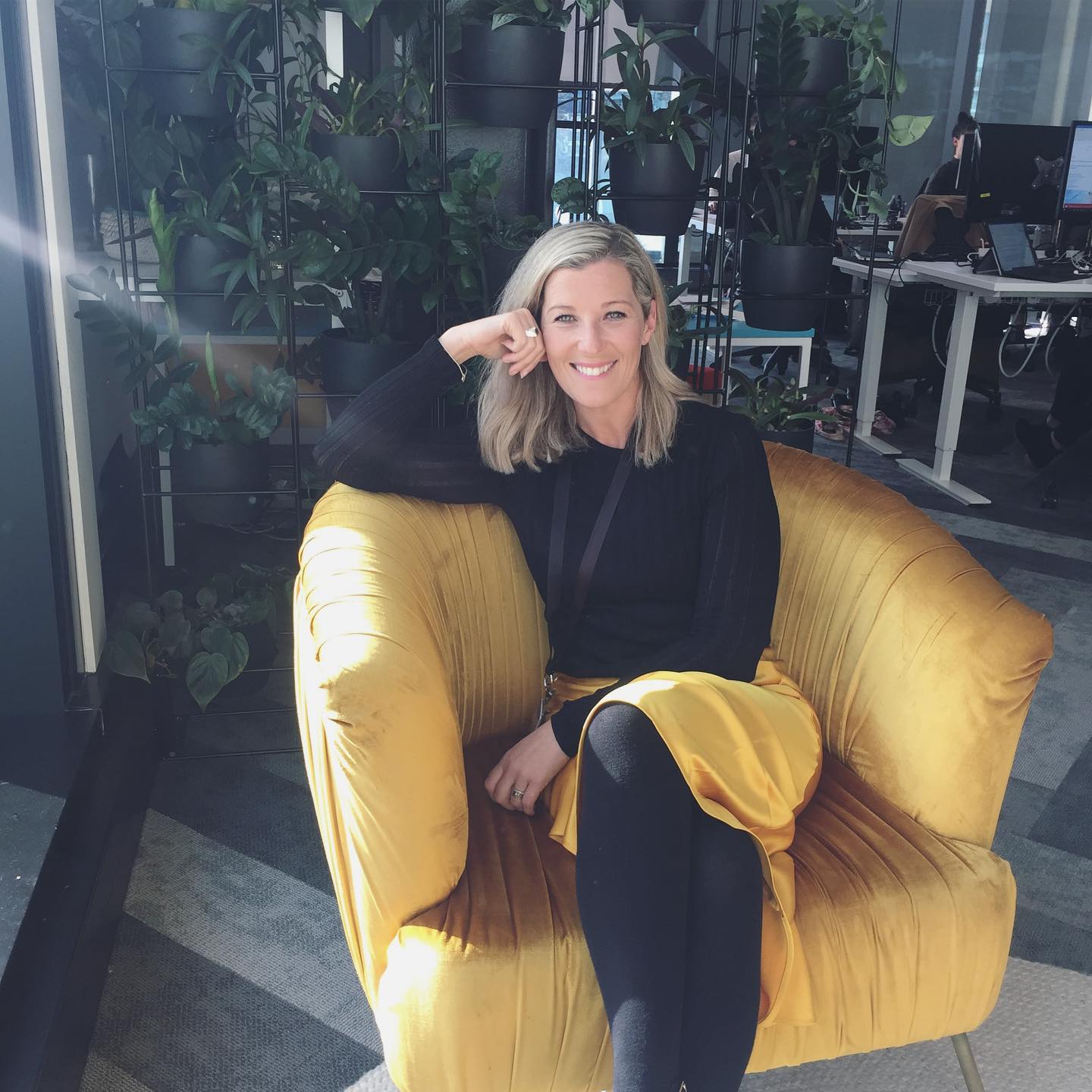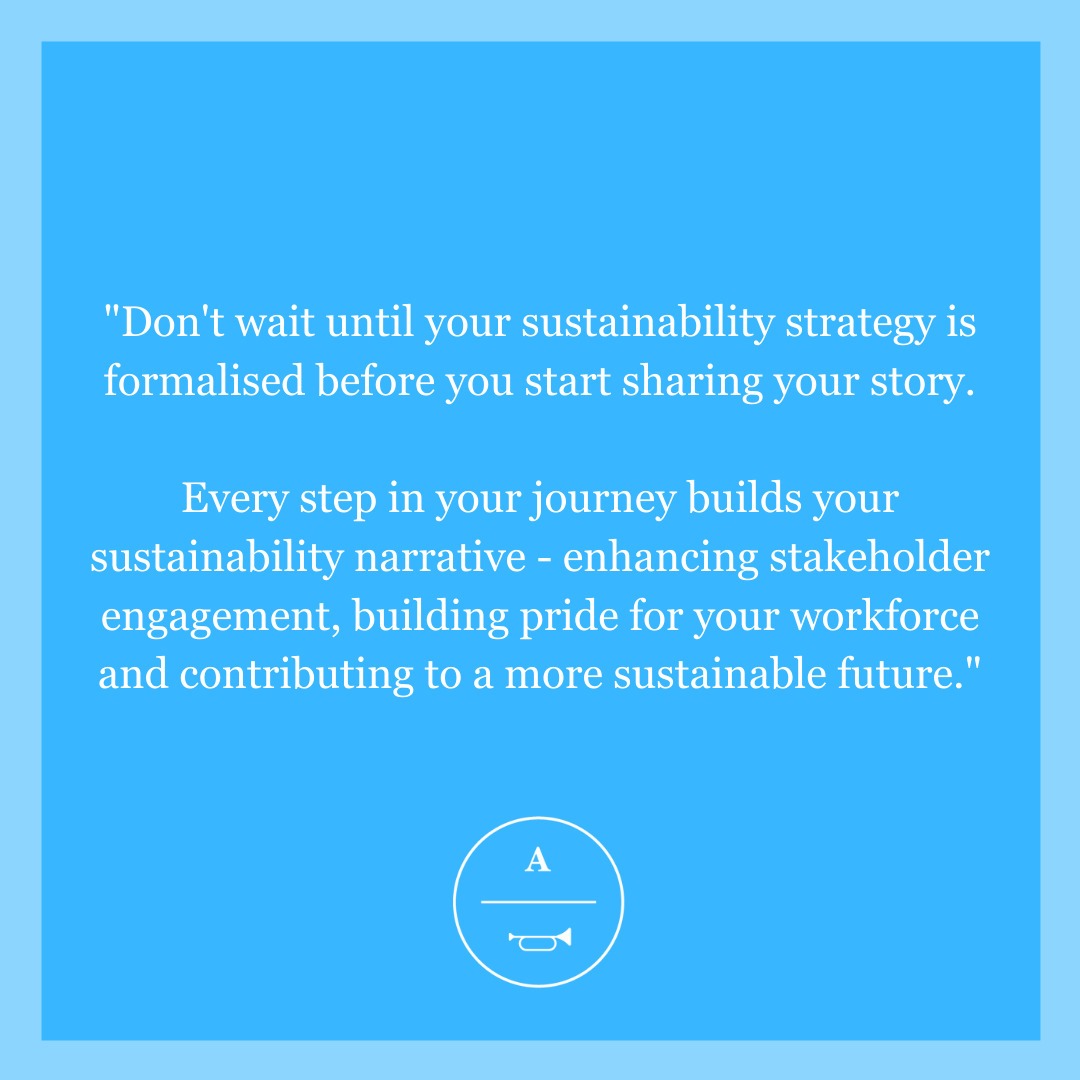
Last month, the Sustainable Business Council and EY ran the Sustainability: Where to start? fundamentals 101 workshop. Senior Account Director Camille Middleditch attended the workshop and shares her thoughts and takeaways.
It is well reported that a sustainable business, generating profit while also improving societal and environmental outcomes, can improve your brand value and reputation, help attract and retain staff, achieve better growth, and strengthen stakeholder relations.
But how do you affect change to get your business beyond sustainable thinking and into action? Where do you focus your efforts and how do you demonstrate them in a way that is meaningful?
First, let’s do some navel gazing to assess how we stack up:
- Sustainability reporting: Unlike the EU, UK, China and India, New Zealand companies are not statutorily obligated to report on sustainability. While many companies do report, there’s plenty of room for improvement especially given New Zealand is one of the few countries in the OECD to have increased gross emissions since 1990, doing so at a rate higher than all nations except Turkey, Iceland and Australia.
- Gender pay gap: Unlike our British counterparts, we don’t have to disclose our [significant] gender pay gap. Just last week, Chartered Accountants Australia and New Zealand (CAANZ) released its study revealing male accountants are paid 40 to 50 percent more than their female counterparts.
- Diversity: Despite several studies establishing there is a correlation between diversity and companies’ financial performance, the 2019 New Zealand Census found 100 NZX company Boards were still overwhelmingly Pakeha and male. Only 44 of the 100 NZX companies provided a breakdown of their ethnicity, so it seems we are even further away from a Board room that reports on diversity beyond gender and race.
The good news is that some things are changing.
Climate change and its explicit risks are forcing the issue on to the Board agenda. From 2023, the New Zealand financial sector will have to disclose the impacts of climate change on their business and explain how they will manage climate-related risks and opportunities.
More New Zealand corporates are demonstrating strong leadership in gender equality. In 2019, Westpac boldly volunteered their gender pay gap recognising a 30.3 per cent gender pay gap when comparing the median hourly pay of its male and female staff.
And state sector Boards are demonstrating what Boards that more accurately depict the ethnic diversity of Aotearoa can look like with Maori 21.1%, Pacific 4.6% and Asian 3.6% representation across state Boards and committees.
So, what can we do within our organisations to make positive and impactful changes to turn the dial on the business community’s contribution to a more sustainable future?
1. The power of partnerships
Figure out what you want to achieve, who can help you get there and how can it create a greater and shared value?
Auckland transport provider, Fullers360, partners with the Department of Conservation, Auckland Zoo and island trusts across the Hauraki Gulf (the environment in which it operates) delivering genuine shared value through enabling tree plantings, wildlife releases and complimentary transport for DOC rangers to access conservation islands across the Gulf.
2. Reporting frameworks and tools
If you want to align your targets with a reporting framework such as the UN Sustainability Development Goals (UNDGs) choose those that are material to your business creating a meaningful and lasting impact, rather than trying to tackle every single issue.
Data is essential. If you don’t have any, start measuring it now. Toitū can provide a range of technical tools, software, calculators and services to help get you started to realise efficiencies and reduce your carbon footprint. They have free and online tools to make basic assessments on sustainability.
3. Align activity with purpose
For greater and meaningful impact, align your sustainability and community impact activity with initiatives that demonstrates your organisation’s purpose. A great example of this is Spark.
Spark’s purpose is to help all of New Zealand win big in a digital world. Its community impact programme, Skinny Jump, offers New Zealanders, who have price as a barrier, reliable broadband internet for $5 per month. Spark partners with community stakeholders such as schools and local libraries to distribute Skinny Jump and since 2016 have connected close to 5,000 families with school-aged children to broadband.
4. Build strong iwi partnerships
If you want to engage iwi but don’t have existing relationships, local councils can connect you with mana whenua to gain the necessary insights before engaging. Be prepared to pay for the service in the same way that would for any specialist advice.
Take the necessary time to nurture the relationship. Relationships always come before business, so don’t expect to apply your project timeline to this process.
Your business’ CSR budget is likely to be much smaller than your business procurement budget. Who can you talk to within your business to start assessing your business’ value chain? What products are material to your business and where can you make efficiencies, buy less and reduce your impact?
6. Tell your truth and share your story
Your carbon emissions, gender equality or diversity might not yet be great but if you are going to measure and improve, be brave and tell your truth.
And finally, don’t wait until your sustainability strategy is formalised before you start sharing your story. Every step in your journey builds your sustainability narrative – enhancing stakeholder engagement, building pride for your workforce and contributing to more sustainable future.
Ready to chat?
Get in touch with our expert team today and find out how we can help
Contact us
